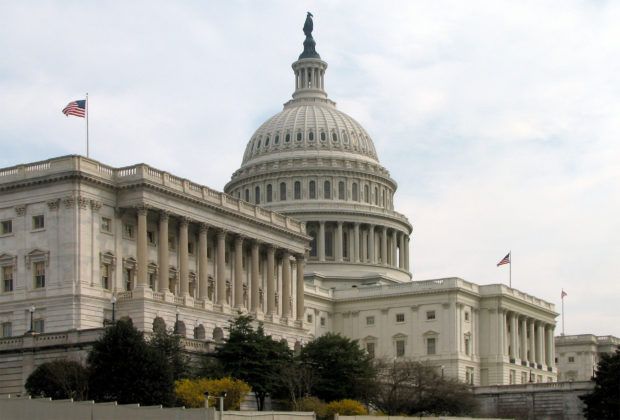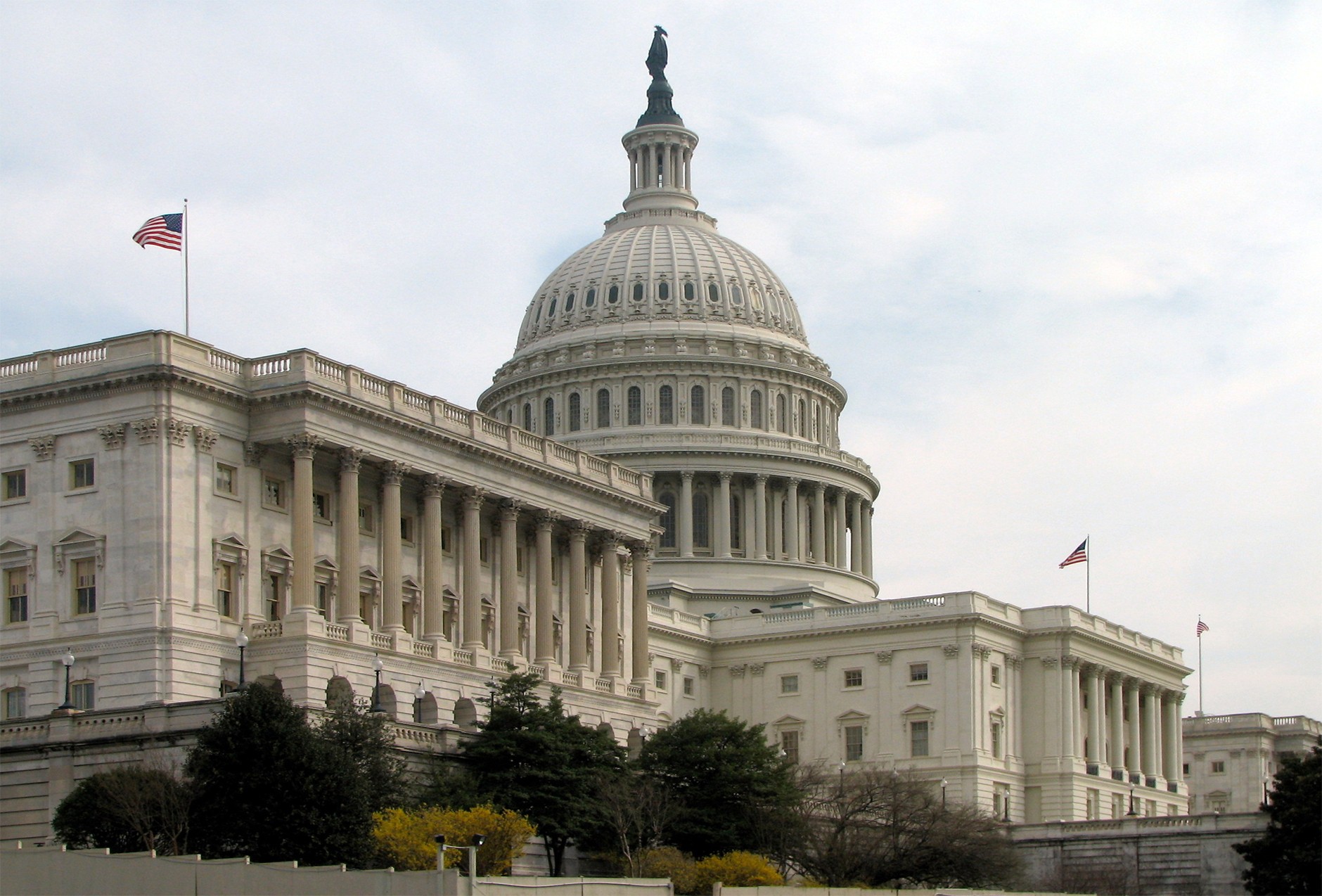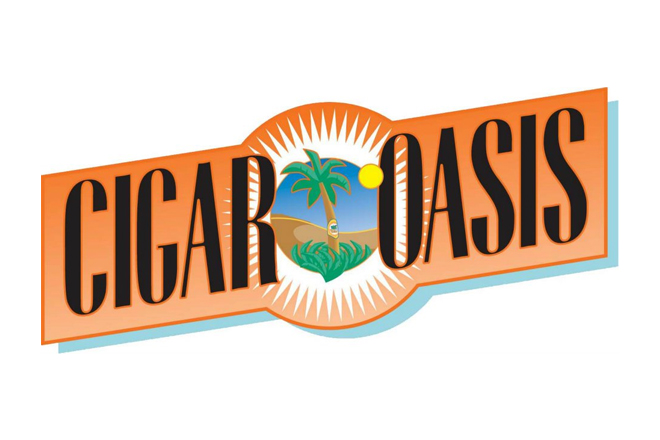For the third consecutive Congress, Sen. Marco Rubio, R-Fla., is introducing a bill that would seek to exempt premium cigars from regulation by the U.S. Food & Drug Administration (FDA).
As he is done in 2019 and 2021, Rubio is co-sponsoring the Traditional Cigar Manufacturing and Small Business Jobs Preservation Act. The bill would FDA’s ability to regulate cigars that meet the following definition:
- “(i) means any roll of tobacco that is wrapped in 100 percent leaf tobacco, bunched with 100 percent tobacco filler, contains no filter, tip, flavor additive, or non-tobacco mouthpiece, weighs at least 6 pounds per 1,000 count, and
- “(I) has a 100 percent leaf tobacco binder and is hand rolled; or
- “(II) has a homogenized tobacco leaf binder and is made in the United States using human hands to lay the 100 percent leaf tobacco wrapper onto only one machine that bunches, wraps, and caps each individual cigar; and
- “(ii) does not include a cigarette (as such term is defined by section 900(3)) or a little cigar (as such term is defined by section 900(11)).”
This is a broader definition than the one proposed by FDA as part of the ongoing lawsuit, Cigar Association of America et al. v. United States Food and Drug Administration et al. It is still not intended to allow for flavored cigars to be exempt, but it would allow from some cigars that are partially made by machines, notably the ones made by J.C. Newman at its El Reloj factory in Tampa. Furthermore, it would alleviate concerns within the industry about the use of food-safe glues.
Bills like this have been proposed in Congress, oftentimes with bipartisan support coming from Democrats in Florida, but have failed to get enacted. They serve as an opportunity for the cigar industry to explain its uniqueness to members of Congress. The support from legislators is then used to show the executive branch—either FDA itself or the White House—that there is congressional support for the exemption.
While the bill does not yet appear in the Congressional record, Rubio’s office said that Sen. John Boozman, R-Ark.; Ted Budd, R-N.C.; Tom Cotton, R-Ark.; and Rick Scott, R-Fla. are co-sponsors of the bill.
Fortunately for the cigar industry, the trajectory of the aforementioned Cigar Association lawsuit is in a much different direction than it was two years ago. Last summer, Judge Amit P. Mehta of the U.S. District Court for the District of Columbia ruled that FDA acted improperly when imposing the deeming regulations, a major victory for the cigar industry. The industry is still waiting on Mehta to make a final ruling about what that will mean in practical terms, but it’s likely to be a substantial win for the cigar industry.
If given the choice, the industry would likely prefer the Congressional exemption. Mehta’s ruling is likely to affect a narrower group of cigars, and it also gives FDA options. Not only could the agency—through its Department of Justice attorneys—file an appeal, but the agency itself could start over on premium cigar regulation after Mehta’s ruling. If the language in the Traditional Cigar Manufacturing and Small Business Jobs Preservation Act were to become law, FDA would not be able to regulate cigars that meet the definition unless Congress reversed the law.
Featured image via By Scrumshus (Own work) [Public domain], via Wikimedia Commons



